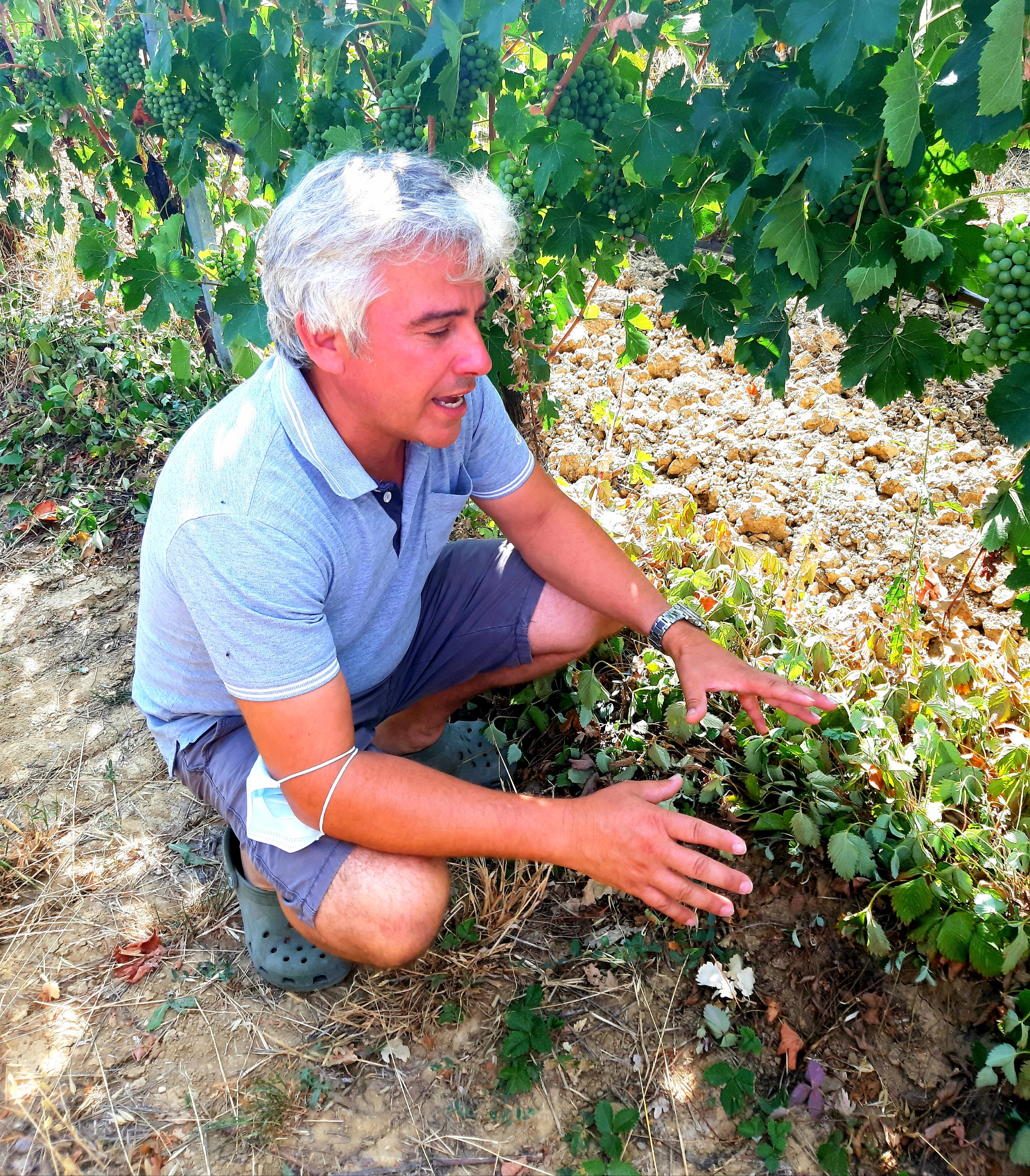Dove eravamo rimasti?
Esattamente due anni fa pubblicavamo (per primi) la promettente ricerca di Fabio Marchionni, vigneron appassionato e proprietario di Collestefano, tra i migliori produttori di Verdicchio di Matelica.
L’articolo completo lo trovate al seguente link.
Dopo studi approfonditi, il risultato finale è diventato oggetto di pubblicazione scientifica internazionale a cura della MDPI – Molecular Diversity Preservation International – un organismo indipendente, leader nell’editoria accademica, che diffonde le tesi di scienziati e ricercatori affinché diventino di dominio universale.
Ancora una volta, per primi, vogliamo condividere la soddisfazione di Fabio nell’essere entrato di diritto, con il progetto sulla Fragolina Collestefano, tra gli uomini di scienza.
Eccovi un estratto del 18 agosto che potrete trovare integrale sul sito www.mdpi.com e rigorosamente in inglese.
Strawberry Living Mulch in an Organic
1
Agricultural, Food and Environmental Sciences, Università Politecnica delle Marche, 61031 Ancona, Italy
2
Collestefano Vinery, 62022 Macerata, Italy
*
Author to whom correspondence should be addressed.
Academic Editor: Pedro Palencia
Agronomy 2021, 11(8), 1643; https://doi.org/10.3390/agronomy11081643
Received: 13 July 2021 / Revised: 5 August 2021 / Accepted: 13 August 2021 / Published: 18 August 2021
(This article belongs to the Special Issue Strawberry Production in a Protected Environment and under Field Conditions)
Abstract
A living mulch system can provide beneficial biodiversified phytocoenoses and spatial competition against weeds; however, it may also compete for water with the main cultivated crop under Mediterranean climate conditions. Strawberries employed as living mulch in a rain-fed hill vineyard of central Italy were evaluated for two years through a participative approach involving the farmer. A local wild strawberry was propagated by stolons to obtain small plantlets easily uprooted after the summer and then transplanted to a one-year-old vineyard. The densities of two and four strawberry plants per grapevine were compared with no living mulch in a randomized complete block design. A horizontal blade weeder was used once a year in all treatments. The results showed that strawberries as living mulch plus application of a blade weeder avoided the need for further soil tillage and assured a full soil cover during winter for both initial planting densities. The strawberry living mulch did not alter the grapevine transpiration during an incident of water stress in summer. Moreover, the yield per vine and the grape quality were comparable with those of the soil without living mulch. The growth of strawberry mulch was relevant in the area surrounding the vines. Furthermore, the living mulch guaranteed a constant soil cover reducing the risk for soil erosion while increasing the vineyard’s biological diversity. This may imply a higher resilience.

